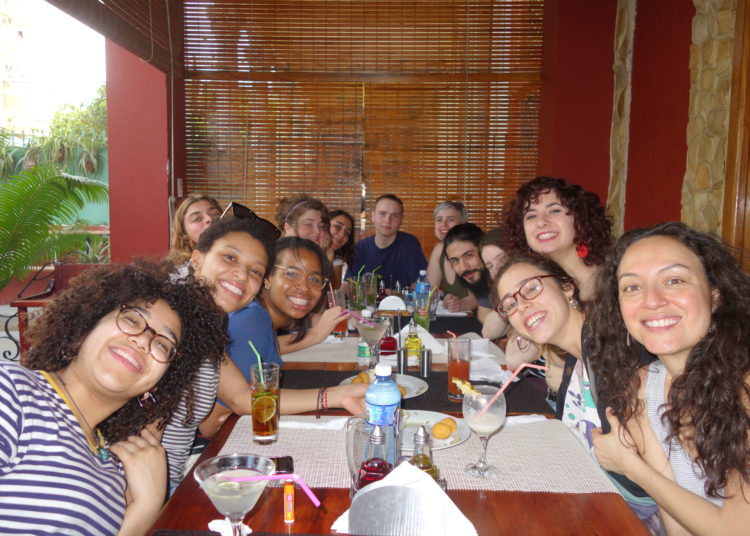In 1999, another Cuban colleague and I were talking with a U.S. professor in Amherst, Massachusetts. I had been invited to Johns Hopkins University; my colleague was a poet and literary critic who at that time was enjoying a research sojourn in Hampshire College. This dialogue led to the idea of creating a cultural exchange program between Hampshire and the Union of Writers and Artists of Cuba (UNEAC).
It would be impossible to not refer to its main raison d’être: the students. Before their departure they study a semester about Cuba which provides them with the essential minimum of information to not fall into one of the holes of all those who arrive for the first time to the island (or any other place): entering an unexplored territory with certain preconceptions or knowing nothing (or almost nothing) about the country. That course thus places them in a comparatively advantageous position. It offers alternative visions – not exempt of critical elements – about a historical-cultural process that cannot be understood based on Eurocentric perspectives, stereotypes and common places. And once on terra firma, they interact and meet in different socialization spaces with persons of all social strata and conditions: young people, seniors, whites, blacks, mestizos, Catholics, Protestants, Santeros, atheists, trova musicians, rockers, salsa and regueton musicians, private workers, state workers, artists, writers, informal vendors, unemployed, heteros, gays, lesbians….
The program decided to accommodate its students in private homes, officially authorized to rent, and with their corresponding permits. Experience suggests that staying in these homes has demonstrated its multiple benefits for the intellectual, human and personal growth of the students. The first, allowing them to share the family dynamics in multigenerational homes. For three months they are exposed to an interaction that enables them to acquire new knowledge beyond the tutor, the lessons and the readings, while also helping them improve their skills in the Spanish language, without which it is impossible to completely and utterly understand the codes, motivations and culture of the Other.
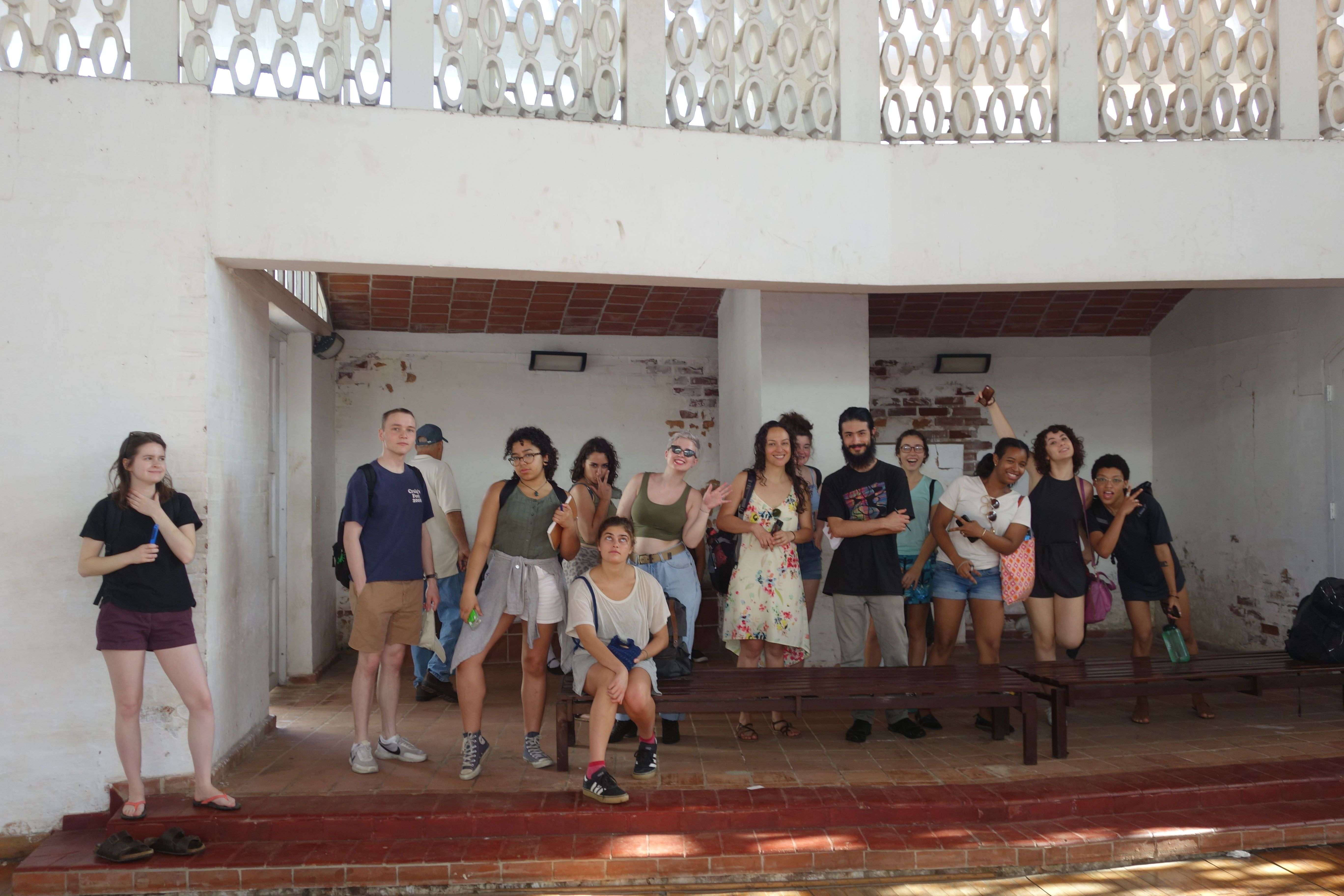
In their efforts to integrate into their culture, language, traditions and eating habits, the students rapidly grasp certain aspects of the Cuban social psychology. They become familiar from the start with that proclivity we have of relating to each other, to open up, to give of ourselves, even touching each other – something that is usually not done in the United States. They get to understand that far from representing a form of harassment, it’s a question of practices proper of actors who want to express feelings of empathy, curiosity and even disposition to help. In the end, many students get to identify with these behaviors, which are not exactly typical of their culture.
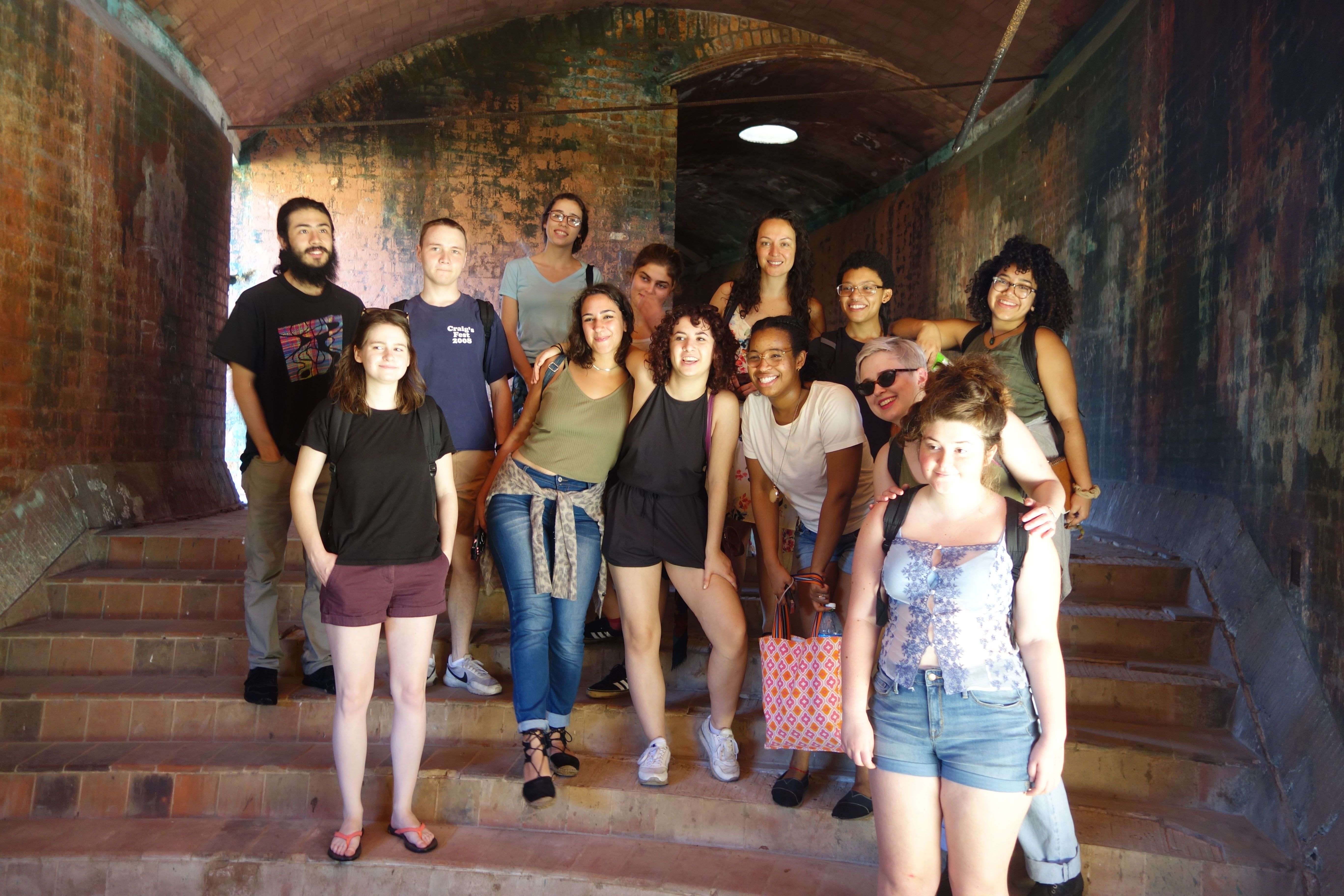
Most of them realize that Cuban society is a complex one in which there is no access to many of the services and facilities of what they identify as “an average American,” including cell phones and Internet, despite the recent past’s changes in both domains. But, by comparison, they see in their daily routines the universal access to free social services, beyond the shortages and certain needs due to the crisis. A country where the three daily meals can represent a problem and where official wages function as very brief sighs, but with free of charge open-heart operations; a country in an economic crisis, but whose streets are safe – compared to many Latin American countries that some have already visited -, something they had never seen before. The title of the pamphlet they bring in their backpacks resides in that summary of paradoxes: CUBA: WELCOME TO THE UNEXPECTED.
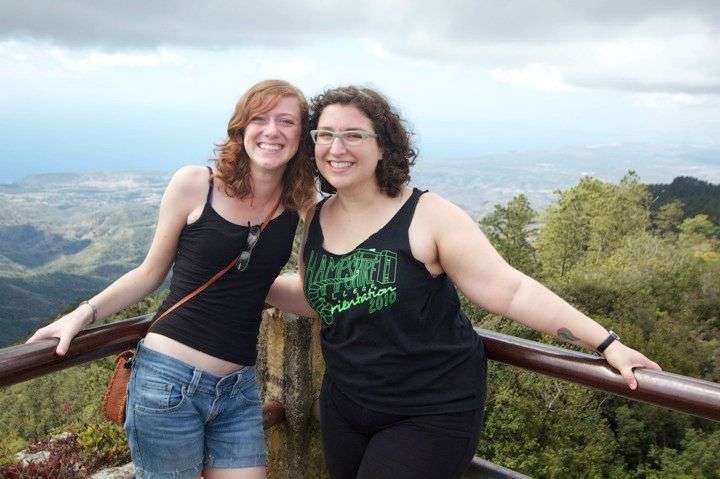
The students learn that Cuban society and culture – in which market and centralization, altruism and individualism, shortage and consumerism, criticism and censorship, machos and LGTBs coexist – are much richer and diverse than what has been given as established. And that, on the island, due to a group of historic factors that are also analyzed-discussed in their classes, there does exist reactions of attraction/rejection toward the United States, as if it were two sides of the same coin. And that Americans are not treated as enemies, which always has an impact on them.
And they always perceive the changes, compared to the idea that Cuba is just the land of old cars, architecture in ruins and the Buena Vista Social Club. A museum piece, a relic from the Cold War which has to be touched before “the change” comes and “the McDonald’s take over.”
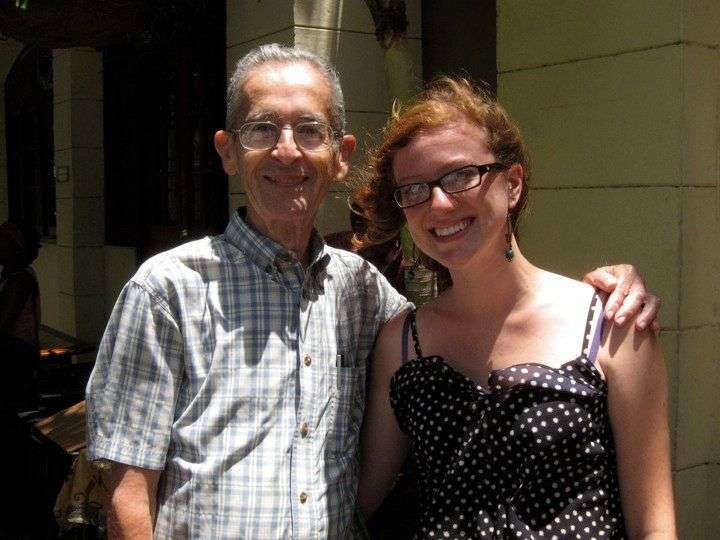
One day, while a young Cuban professor was visiting Hampshire College, he took a copy of the Michigan Quarterly Review, with texts by Ruth Behar, Lourdes Casal, Louis A. Pérez, Jr., Flavio Risech, Nancy Morejón, Jorge Luis Arcos and Carilda Oliver Labra, among others. It was the first time he saw under the same cover Cubans from both sides of the Straits. He read there that when a wall collapses, it can become a bridge.
It is precisely around there that the nature of the problem lies.
Each end of semester they are given an anonymous survey where the students express their experiences:
“People are excited and willing to help you as a student. Five minutes into a conversation was I invited to someone’s house to discuss my work? Blind calls to so-and-so who so-and-so thinks could help you, it can be scary, but always fruitful. What have you got to lose? This is especially applicable for ethnographic projects where meeting people is key. In my experience, people run in very small circles here. Insert yourself into the circles that interest you and your project will thrive. Make haste in talking to people about what you’re doing here. Get those first few weeks of nervousness out of the way as soon as possible. Get in there, make connections, feel comfortable; and your project will take shape. Your role here as a student with an independent project is distinct, and should not be forgotten about. Don’t return to the US wondering what your project could have been….”
“Cubans are very friendly and they legitimately are extremely likely to help you. Coming from the States it’s hard to believe, but it’s true. Speaking of host families, they are a resource too. Ask them if they know how to buy something without being ripped off, or if they know anyone that would be useful for your project, or what the best product or service is in the area.”
“Cuba is always changing, so no matter what we say now, things might be different once you get there. Many things were different for our semester from what the year before told us, so just be smart and keep an open mind!”

